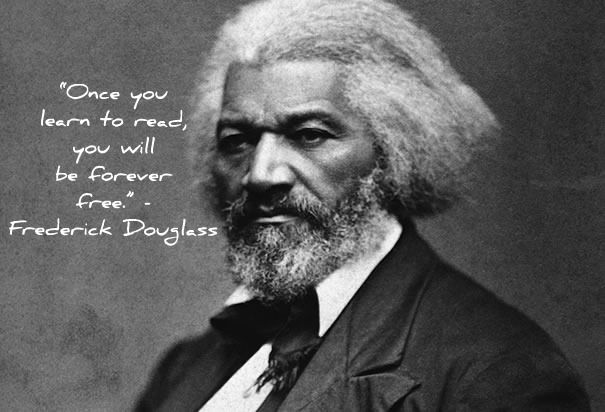We have been celebrating International Literacy Day since 1966 following the recommendation of the World Conference of Ministers of Education on the Eradication of Illiteracy in September 1965. Soon after UNESCO (United Nations Educational, Scientific and Cultural Organization) declared September 8th would be International Literacy Day.
Unfortunately at this point in time there isn’t much to celebrate.
With all the crises unfolding, from climate change, obesity to national extremists, the quiet crisis of illiteracy is hollowing out the democratic ideals our country is founded on.
On the world stage of reading, the United States ranks 125 out of 197 countries with regards to literacy. Some 52% of all Americans have basic or below-basic reading skills, according to the Program of International Assessment of Adult Competencies.
If a citizen cannot read, how can he or she engage in our system of government, or think deeply about the issues that we face as a society?
WiseTribers understand that the illiteracy crisis is everyones’ problem if we want to live in a safe, thriving society. This why donating a children’s book quarterly is a core behavior of #1000WTs. It is a matter of taking responsibility of the “whole” to balance out a host of negative outcomes with rippling consequences.
Rippling Effect of Illiteracy
Illiteracy affects everyone living in our country, with impact going far beyond the individual. A rampant illiteracy population contributes to the exorbitant amount of money spent on health care, which in turn increases health insurance costs. It’s also a major factor in high crime rates, and is a significant reason for unsuccessful treatment of the mentally ill.
On Crime…
The strong correlation between illiteracy and incarceration is well established. Eighty-five percent of the juveniles in the court system are functionally illiterate, as are 60 percent of prison inmates. This effects every single taxpayer. For example, in California, by the states own estimates, they spend more than $81,000 to incarcerate each prisoner every year! The amount to imprison juveniles is nearly double.
On Healthcare…
An excess of $230 billion a year in health care costs is linked to low adult literacy. Nearly half of American adults have difficulty understanding and using health information. Lack of understanding hampers peoples ability to make appropriate health decisions, which in turn increases health insurance costs. Illiterate individuals have more workplace accidents, take longer to recover and more often misuse medication because they have trouble reading and understanding the instructions.
On Mental Stability…
There hasn’t been an extensive amount of research on the impact poor literacy has on mental health. Although, with what we do know about how illiteracy impacts a persons ability to find quality care and follow a doctors recommended plan of action, how could it not effect mental health prognosis? On the flip side the ability to read can have a dramatic effect on mental stability.
How can we recover from this crisis when adult education is in critical need for services. A decline in federal and state funding in the past 10 years has resulted in programs serving only a fraction of the adults in need. Currently, two-thirds of adult education programs are struggling with long student waiting lists. At the current levels of public funding, less than 10 percent of adults in need are receiving services.
We need more than small pockets of people to understand that we are in a literacy crises. We need need people to worry not only about their friends and family’s ability to read but our nation as a whole having the extended benefits of literacy. Once enough people become aware of this, maybe then we will create the momentum needed for real change.
